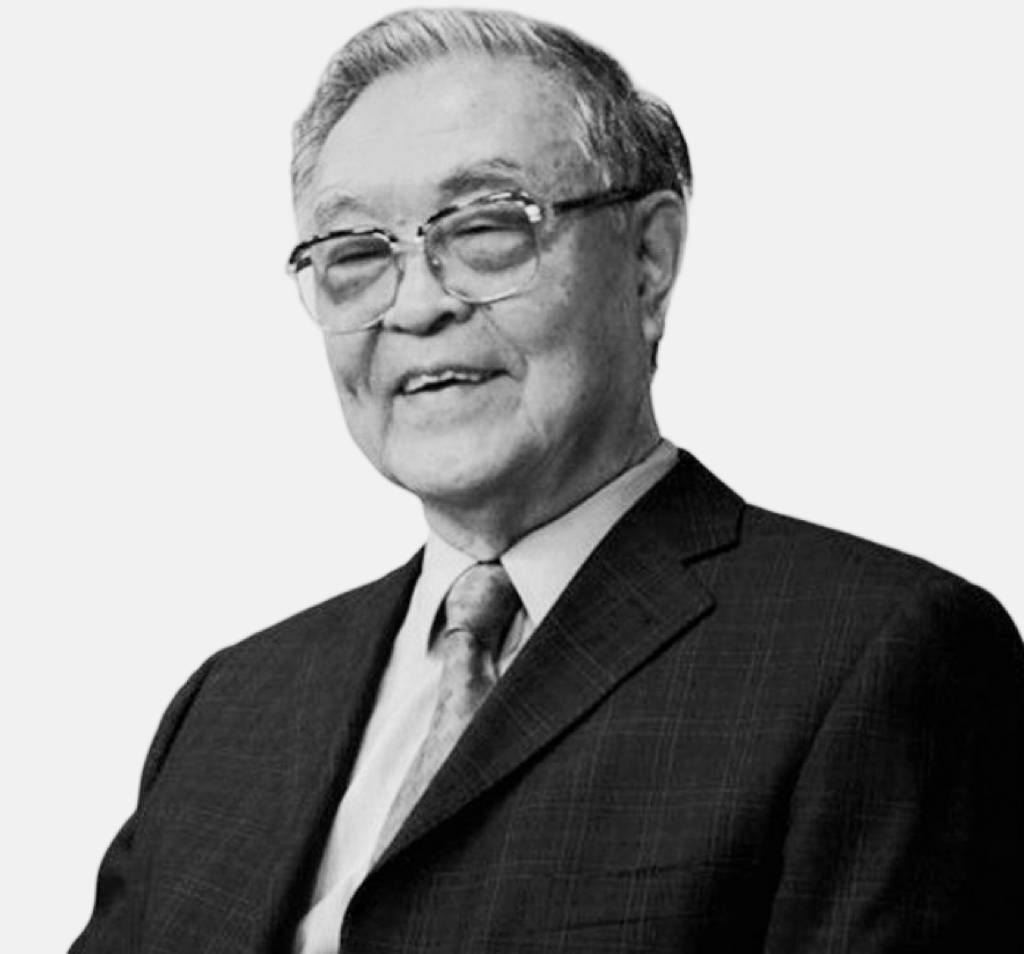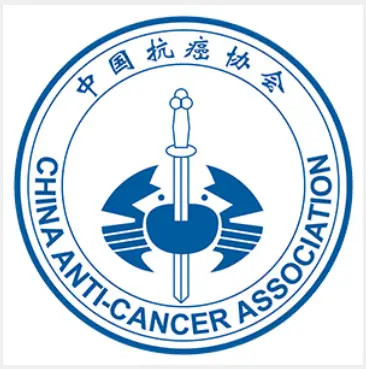
国立台湾大学医学院附属总医院
许骏教授对恶性肿瘤的免疫治疗有很深的造诣,作为通讯作者发表了第一项鼻咽癌Pembrolizumab免疫治疗的Ib期临床试验(Keynote-028)。本次大会许骏教授就鼻咽癌免疫治疗的现在及未来展望进行了深刻的解读。
1. 早期鼻咽癌治疗效果极佳,但是晚期患者的生存仍不理想,尤其是复发转移患者。然而这些患者经常面临着一线化疗失败后无药可选的局面,因此急需寻找有效的治疗方式。免疫作为近年来新兴的一种治疗方式,在肺癌、黑色素瘤等癌种中取得了巨大的成功,而在鼻咽癌中的证据仍是空白;
2. 鼻咽癌免疫治疗有着充分的理论依据:① 90%以上鼻咽癌与EB病毒感染有关,而EB病毒相关蛋白具有免疫原性;② EB病毒慢性感染与肿瘤微环境中的炎症相关;③鼻咽癌肿瘤细胞高表达PD-L1。
3. Keynote-028研究结果显示:入组27例一线治疗失败的复发或转移患者,客观反应率(ORR)达到25.9%,中位PFS 6.5个月,中位OS达到16.5个月,疗效令人满意,为临床治疗带来新的手段。
4. 免疫治疗同样面临着许多问题:①如何鉴别高风险和最大获益人群?②如何鉴定预测免疫治疗疗效的生物标志物?依赖于肿瘤细胞PD-L1的表达还是免疫细胞的?③ 不同免疫治疗药物联合使用的前景如何?;④免疫治疗的毒副反应同样不能忽视。
英文原文
Immune checkpoint inhibitor therapy for nasopharyngeal carcinoma: current status and future perspective
Chiun Hsu, MD, PhD
Graduate Institute of Oncology, National Taiwan University (NTU) College of Medicine
Department of Oncology, NTU Hospital
NTU Cancer Center
Professor Hsu’s research interest mainly focus on cancer immunotherapy and he has made many great achievements. He as the corresponding author pioneered the first clinical trial of immune checkpoints inhibitors which is known as the Keynote-028 study in nasopharyngeal carcinoma, and this study was published on Journal of Clinical Oncology last year. Professor Hsu will talk about the current status and prospect of immune checkpoint inhibitors in nasopharyngeal carcinoma at this conference.
1. Treatment outcomes of early-stage nasopharyngeal carcinoma are usually excellent; however, control of advanced disease, especially recurrent and metastatic disease, still remains unsatisfactory. Actually, there is no standard and effective treatment after first-line chemotherapy for recurrent and metastatic disease. Therefore, it’s urgent to identify novel and effective therapeutic strategies. In recent years, immune checkpoint inhibitors have been proven an effective, safe and promising treatment for patients failing standard chemotherapy in many malignancies, like non-small cell lung cancer and melanoma. However, clinical evidence regarding immunotherapy in nasopharyngeal carcinoma is very rare.
2. There are sufficient early rationale for applying immune checkpoint inhibitors in nasopharyngeal carcinoma such as : (i) the immunogenicity of Epstein-Barr virus (EBV) viral proteins; (ii) the inflamed tumor microenvironment is associated with chronic EBV infection; (iii) the high proportions of tumor cells with programmed death ligand 1 (PD-L1).
3. In total, 27 patients with recurrent or metastatic nasopharyngeal carcinoma who failed first-line treatment were included in the Keynote-028 study, and the results revealed the ORR is 25.9%, median progressive-failure survival (PFS) is 6.5 months and the median overall survival (OS) is 16.5 months. There promising outcomes indicate that immune checkpoint inhibitor may serve as a new treatment strategy for recurrent/metastatic nasopharyngeal carcinoma.
4. However, there are also many concerns about immune checkpoint inhibitors. First, how to identify the high-risk and most beneficial population? Second, how to identify the predictive biomarkers for immune checkpoint inhibitors? Should we depend on the PD-L1 expression on tumor cells or immune cells? Third, how about the prospect of combination of immune checkpoint inhibitors? Moreover, immune checkpoint inhibitors-related toxicities are also great challenges and should not be ignored.















 苏公网安备32059002004080号
苏公网安备32059002004080号


